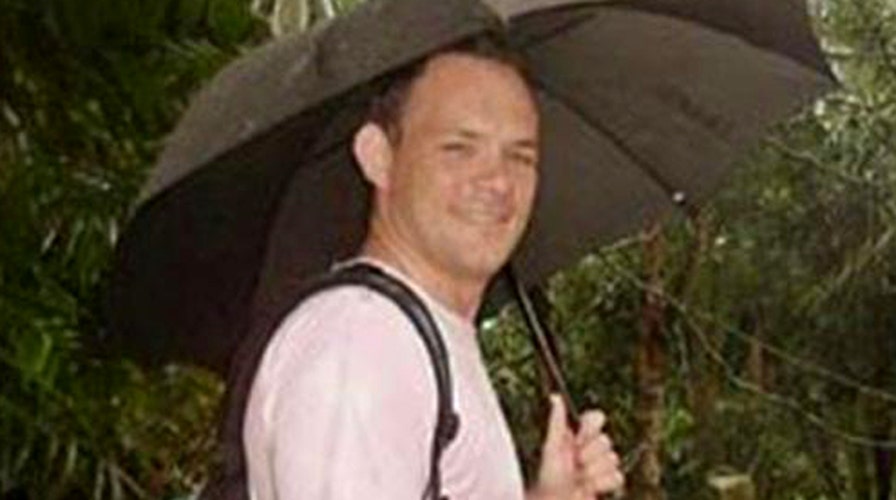SINGAPORE – Singapore police who examined the scene of an American's death admitted on the last day of a coroner's inquest Monday that they deviated from official protocols by not dusting for fingerprints or collecting DNA samples, and by examining the contents of a laptop computer there.
Shane Truman Todd's body was found in his Singapore apartment by his girlfriend last June 24, and police have said he killed himself. State counsel presented evidence of links to suicide websites on the 31-year-old's laptop and suicide letters written to family members and loved ones.
Todd's parents, Rick and Mary Todd, told The Associated Press in March that they believe he may have been murdered over his research in the U.S. into material used to make heat-resistant semiconductors, a technology with both civilian and military applications. The Todds have received assistance in the case from U.S. senators and the FBI.
When asked by government lawyers why police had not ordered a further investigation of the apartment, police Sgt. Muhammad Khaldun Bin Sarif said he and his partner had made "a preliminary assessment" that pointed to suicide and determined there were "no signs of foul play." He said the officers decided as a result "not to perform fingerprint dustings or DNA swabs."
Asked why he had deviated from police protocols by assessing a personal laptop at a crime scene, Khaldun said he had found two notes in Todd's apartment, one of which contained a password which he used to gain access to the laptop nearby.
Khaldun explained that the protocol was only "a guideline which can be deviated from." He said he and his partner made an "operational decision" to assess Todd's laptop because the note containing the password "was left there for a reason" and would help police in determining whether there was foul play involved.
Todd's family has asked why police accessed his laptop and cellphone even though such items are supposed to be handed over to forensic technology specialists.
The coroner's inquiry into Todd's death ended Monday, a day earlier than expected. Lawyers for the Todd family were not present in court because they had been dismissed by Todd's parents, who left Singapore last Thursday after withdrawing from the inquest, saying they had no confidence in the city-state's legal process. Friends of the Todds were also not present in court.
The Todds have said that while they were in Singapore, they found a hard drive in their son's apartment that contained thousands of documents he had backed up from his work computer. After having it analyzed by a computer forensics expert, they found a draft of a project outline between Singapore's Institute of Microelectronics -- Shane Todd's former employer -- and Chinese telecom giant Huawei on the development of a device that utilized gallium nitride.
The heat-resistant material has civilian uses in products like LED screens and cellphone towers, and military applications in things like radar and satellite systems. Todd had been trained in the U.S. on proprietary equipment that produces the material but is restricted for export because of the potential military applications.
Huawei has said it had no cooperation with the Institute of Microelectronics related to gallium nitride. IME has said neither Todd nor the company was involved in any classified research.
The Todds have said that their next step will be to urge a U.S. congressional investigation into their son's death. "If our government wants to talk about industrial espionage and murder, we're more than willing to help," Rick Todd said.

